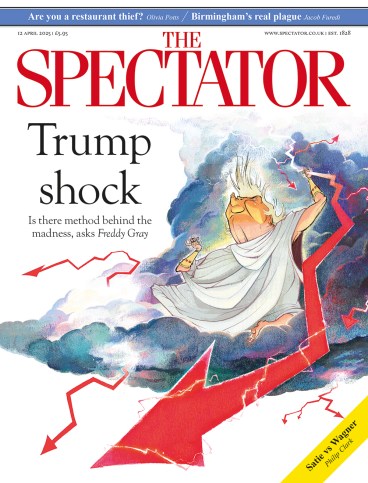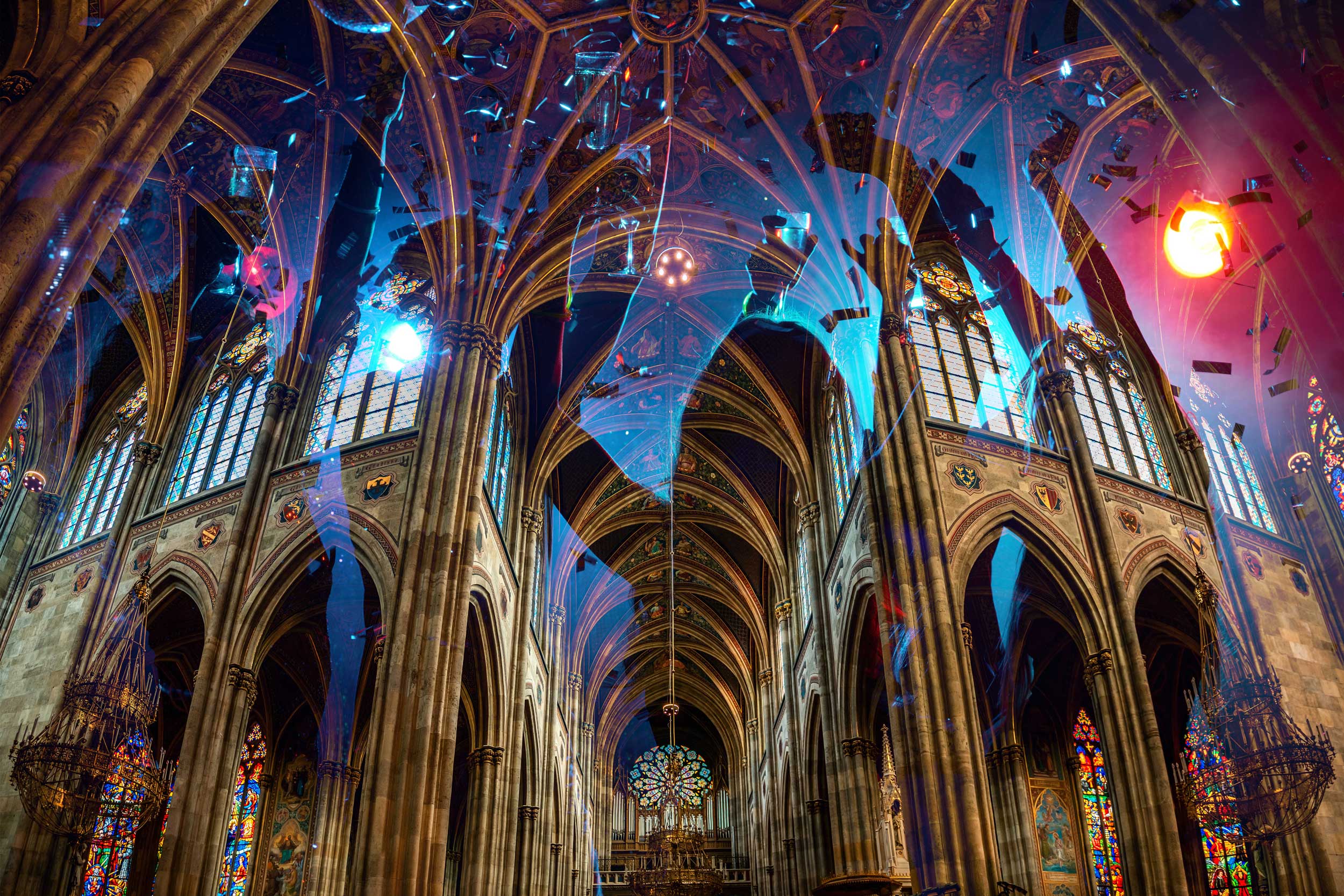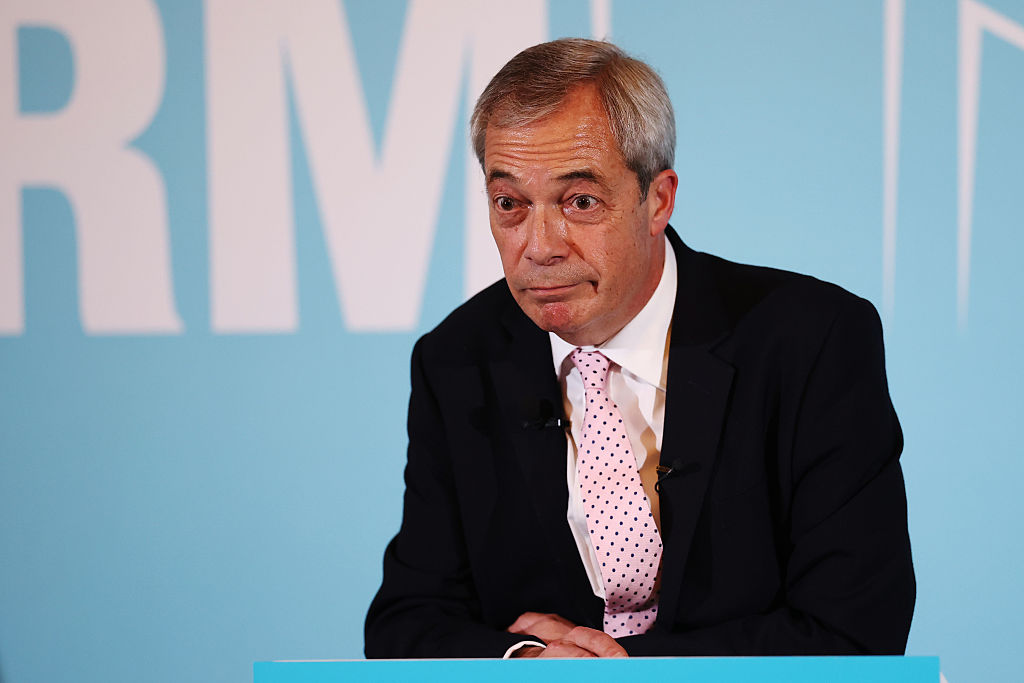
Reality check
Sir: While I share Mr Gove’s diagnosis of lodestar-less Starmerism (‘Cruel Labour’, 5 April), I cannot share the accompanying pearl-clutching.
For decades, politicians and voters have engaged in a mutually reinforcing entitlement spiral that took it as given that the civil service and welfare bill could expand ad infinitum, that working for a living was optional, and that our geopolitical enemies didn’t really mean what they said. This fantastical worldview was predicated on an equally fantastical delusion that cheap energy, low inflation and low interest rates were locked in rather than temporary historical blips. You can ignore reality, but you can’t ignore the consequences of ignoring reality.
Lee Jenkins
Bolton, Lancashire
Trust issues
Sir: When I heard of the National Trust’s proposal to leave Clandon Park as a ruin I was relieved that another pastiche as at Uppark was ruled out (Arts, 5 April). Reconstruction of badly damaged buildings is, I suppose, a way to soak up the insurance payout, but it is fake. There is no getting away from it. In other situations the Prince-Bishop’s Palace in Wurzburg is similarly a beautifully realised fake. So are the remains at Knossos: I was surprised at how much of the place Minoan builders had left until I found out how much reconstruction had been done by Arthur Evans and his team.
Why can’t they just leave things as they are? And, in the case of the National Trust, look after the place better. One all-consuming fire might be accounted a misfortune; two looks like carelessness.
Nicholas Wightwick
Rossett, Wrexham
Rave reviews
Sir: I sympathise with the Revd Franklin’s stance on ‘spiritually hollow’ events being held in sacred spaces (‘Foolish naves’, 5 April). But as a former (and short-lived) chief operating officer of an English cathedral – which is another story – I am afraid that without the spiritually hollow events he despises there will eventually be no sacred spaces to cherish. Put simply, the economics of your average cathedral demand income-generating events to survive but, in my experience, they only proceed with the congregation’s permission. And what better way to introduce a whole new audience to these beautiful buildings? In my glass-clearing duties at one of our ‘raves in the nave’, I overheard countless middle-aged ravers declare their amazement at the beauty of the place and state that they would return. ‘Success!’ I cried. More footfall, and a dramatic reduction in the average age of our visitors.
Alex Siddell
Chelmsford
Gospel truth
Sir: In his manifesto for the next Archbishop of Canterbury (Diary, 5 April), Quentin Letts suggests that he or she should ‘urge most clergy to stop preaching’. He cites, as justification, a parish priest who warned his congregation they would not reach heaven unless they denounced the Balfour declaration. If that counts as preaching, I wholeheartedly agree it should stop – but let us be clear: it is not. Preaching, as the New Testament writers understand it, is the proclamation of the message of Christ – his life, death and resurrection – from the word of God. This kind of preaching has the power to change lives, fill churches and transform society. Martin Luther believed as much when he reflected on what effected his reforms to the abuses of the church in the 16th century: ‘I simply taught, preached and wrote God’s word; otherwise I did nothing. And while I slept or drank Wittenberg beer with my friends… the word so greatly weakened the papacy that no prince or emperor ever inflicted such losses upon it.’ We need an Archbishop who will, first and foremost, teach, preach and write God’s word – and will inspire the clergy to do the same.
Richard Coombs
Rector of Cheltenham
Face value
Sir: I find it hard to imagine senior Anglican women with thick moustaches, though Giovanni Guareschi, the inspiration for Quentin Letts’s NUNC!, would surely have known of the definition of baffona, in Alfred Hoare’s Short Italian Dictionary (Cambridge, 1954): woman with not unpleasing moustache.
Rhidian Llewellyn
London SW14
Pull your punches
Sir: Roger Alton asserts that ‘boxing belongs in the Olympics’ (Sport, 29 March). At a time when Rugby Union’s authorities are making changes to the game intended to minimise head contact to avoid injuries which have devastated the brains of players such as Steve Thompson, the fact that boxing hasn’t come under closer scrutiny is surprising. That there exists a spectacle involving two powerful and highly trained people deliberately harming each other, in order to ultimately create a head injury so serious that the opponent becomes disabled through unconsciousness, is archaic and immoral. Muhammad Ali’s mind, once so sharp, was destroyed by the head impacts he sustained over his lifetime. Boxing certainly should not be in the Olympics.
Jacques Francis
Westcott, Surrey
Ringing the changes
Sir: Apropos Charles Moore’s lament for red telephone boxes (Notes, 29 March), he will be happy to know that here in Topsham, Devon, we have one which houses a small library, and another which has been taken over by our local museum. It contains a changing exhibition of items of local interest and, being beside the church, often features in wedding photographs.
Jenny Pearson
Topsham, Devon
Write to us letters@spectator.co.uk








Comments